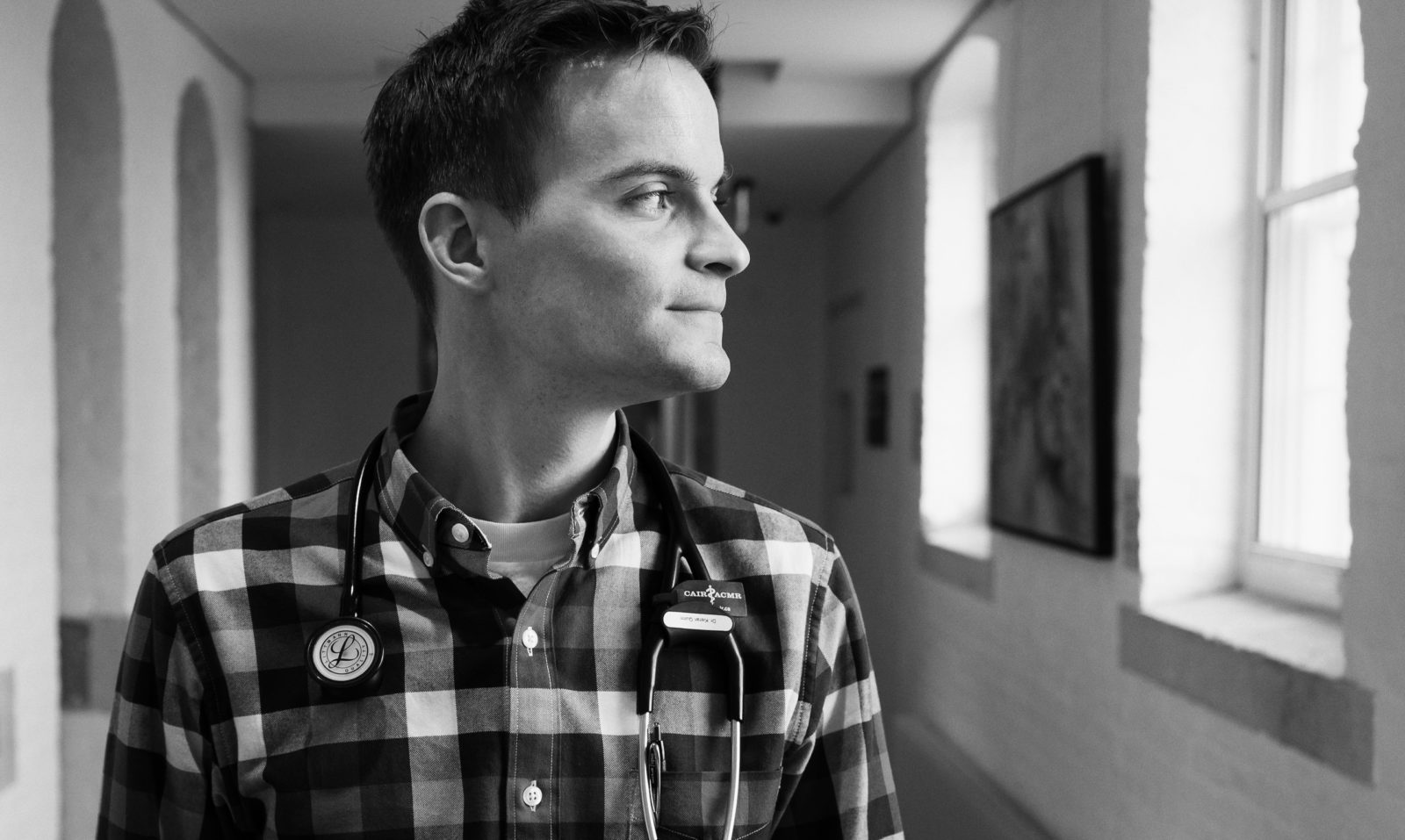medical education
Is family medicine residency too short and too urban?
Can family medicine meet the expectations of millennial doctors?
Excitement and apprehension over shift to competency-based medical education
Less science, more diversity: How Canadian medical school admissions are changing

When Melissa Shears applied to medical school, it felt like a lottery. “You hear the numbers of how many people apply, and how many people get in – it’s quite overwhelming,” she says. But now the first year Queen’s medical student has a different perspective. “I think they look for people with really diverse and …
It’s time to examine pharma funding of doctors’ education
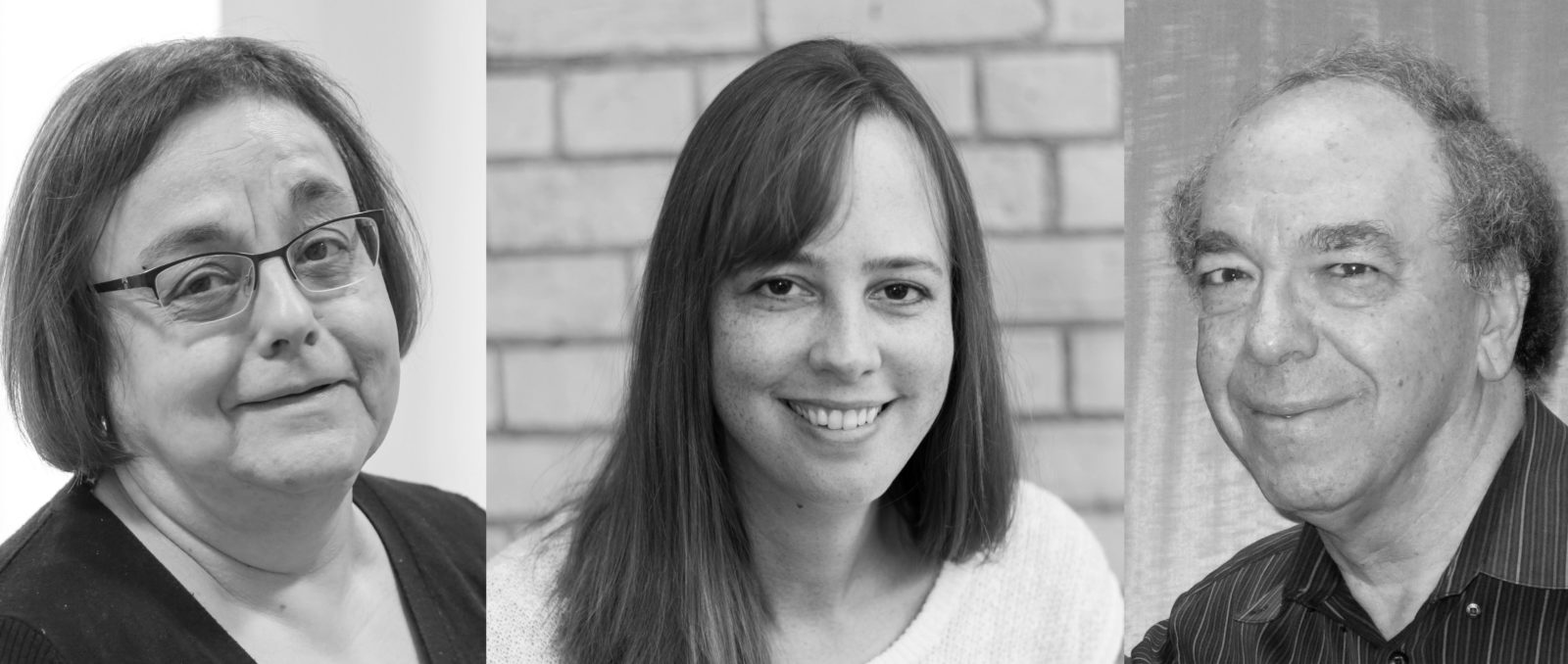
The pharmaceutical industry seeks to increase sales by influencing how doctors prescribe medications. To help achieve this goal, it sponsors the education and ongoing training of doctors. The College of Family Physicians of Canada – the organization responsible for accrediting continuing medical education and certifying all family doctors in Canada – has expressed concern about …
Medical students choose wisely
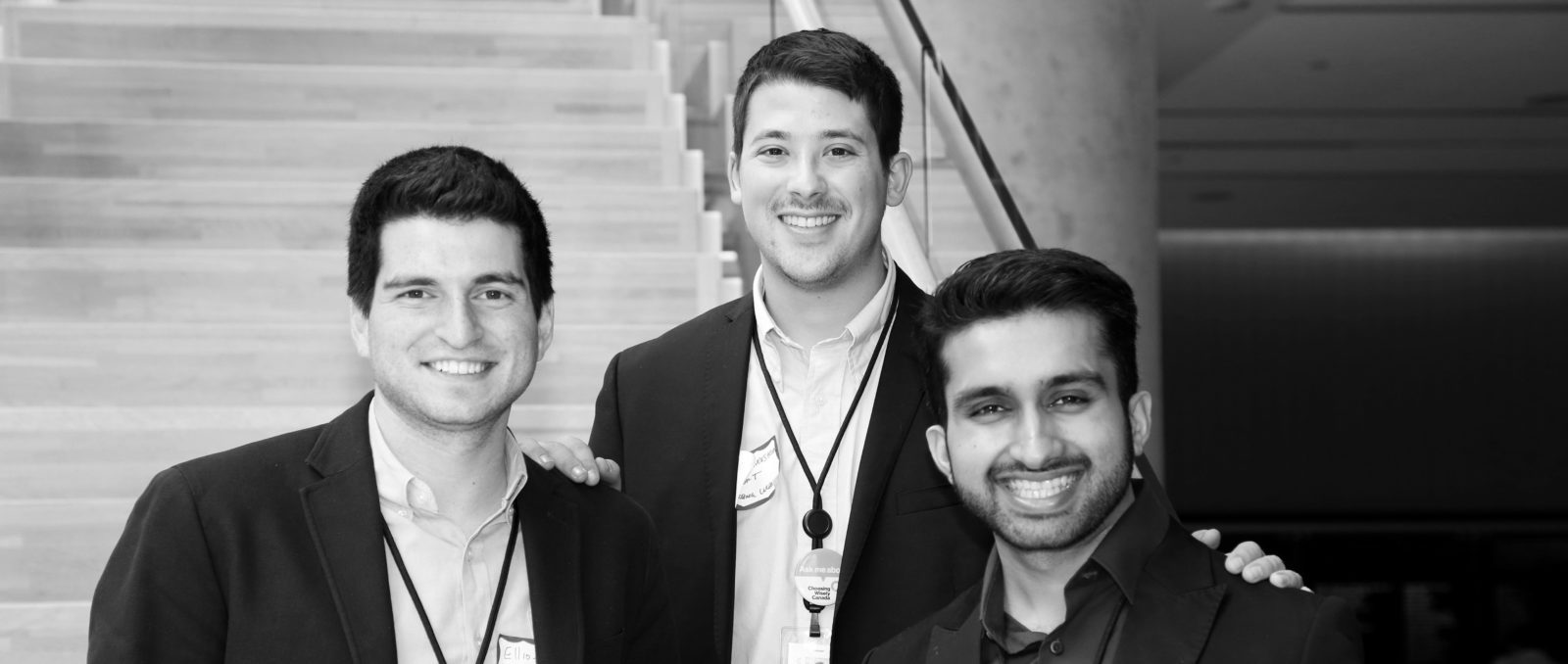
As summer students working with Choosing Wisely Canada, we were part of a national, physician-led campaign to reduce unnecessary tests, treatments and procedures. The campaign has developed recommendations regarding commonly used tests, treatments or procedures that are not supported by evidence, and/or could expose patients to unnecessary harm. We feel strongly about the importance of …
Kieran
Culture of bullying: what can medicine learn from the Ghomeshi report?

When people learn that I pivoted from broadcast journalism to health care, they are rightly surprised: the two fields don’t seem to have a lot in common. But in my experience, they share at least this: both occasionally celebrate a culture of blame, celebrity and an eat-your-young mentality that fosters fear, undermines team work and …
Can sports psychology help surgeons score better outcomes?

Stepping up to the free throw line, Toronto Raptors basketball players may find Dana Sinclair’s advice on their minds: to control their self-talk and lower tension. “The pressure shifts – the skills don’t,” says the sports psychologist, who has worked with the team, along with others, from the Toronto Maple Leafs to the Canadian Olympic …
Could incentives be the answer to resident burnout?

Within our hospital walls there rages a nightly war in the Emergency Department. The front-line soldiers (a.k.a. ‘residents’ – medical doctors still in the throes of training) work endlessly through the night to admit patients to hospital and provide care to those in need. On occasion, the combination of consistently overburdened teams and overworked residents …
Medical education’s silence on death a disservice to doctors and patients
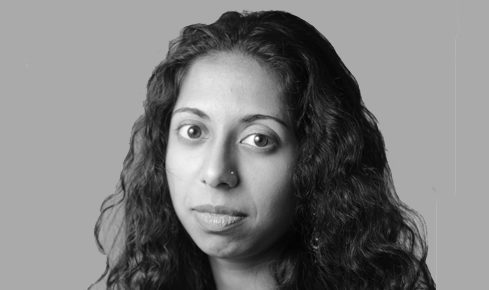
Society is in denial about death, especially in the context of medical care. People visit their doctors for cures. Few expect to be told there is no fix, let alone that their illness will lead to their deaths. Medical education reflects that same social discourse. Though I frequently provide care to dying patients, my medical education was …
Family medicine attracts record number of graduates

Family medicine was a popular choice among medical graduates in the 1980s, when Roger Strasser was training at The University of Western Ontario. “The residents had almost a missionary zeal that they were going to be family doctors,” he says. He shared their passion, becoming a family physician. But when he returned to Canada in 2002, after going back …
Changes ahead for international medical graduates hoping to practise in Canada
Tensions around physicians and environmental advocacy

A poll of Canadians from earlier this year found that the environment ranks as the third most important issue to us, behind the economy and health care. In fact, Canadians are quite divided in their opinions about the environment and what we ought to be doing to protect natural resources and regulate environmental pollutants. Some of …
Tackling poverty through medical education
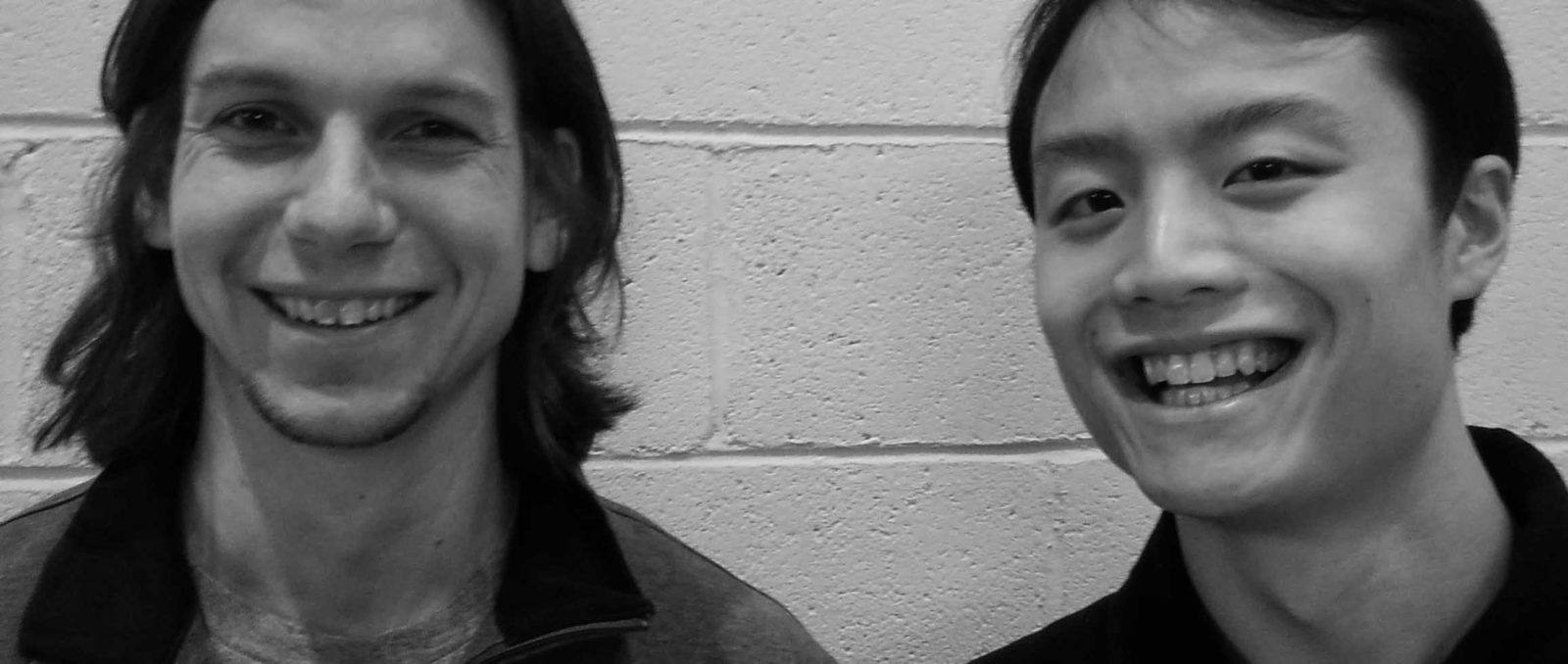
Poverty is a significant public health concern affecting approximately 10% of Canadians. Recommendations to eliminate poverty have focused on areas of income, housing, access to food, and early childhood development. Calls for government action and provision of resources to healthcare professionals have been issued. Notably, educating medical trainees to address poverty has been absent from the discussion. …
Introducing “The Rounds Table”, a weekly podcast about major new studies in medicine
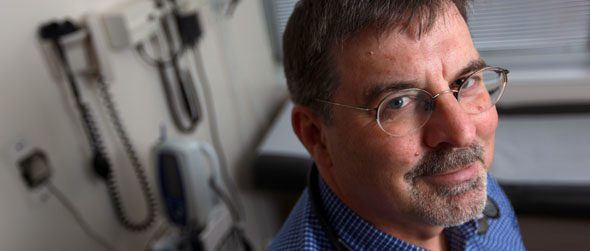
Dear Healthy Debate community, I’m pleased to announce that Healthy Debate is launching a new feature today – a podcast we’re calling The Rounds Table. Healthy Debate’s articles and opinion pieces are aimed at a general audience, but we also produce more specialized content in the form of our patient-focused Personal Health Navigator. While the …
Will I be operated on by a student at a teaching hospital?
Loan deferral during residency: a win-win solution

It is no secret that Canada suffers from an inequitable distribution of health professionals. A 2012 report from the Canadian Institute for Health Information revealed that 18% of Canadians live in rural and remote areas, yet only 8% of doctors live in these regions. The lack of access to medical services in rural communities contributes …
Learning to choose wisely

While on call on the internal medicine service at my hospital, I recently admitted a 47-year old woman overnight, who had increased swelling in her ankles and a fluid collection in her abdomen. After taking a thorough clinical history and performing a complete physical examination, I presumed the cause to be alcoholic liver cirrhosis. I …




